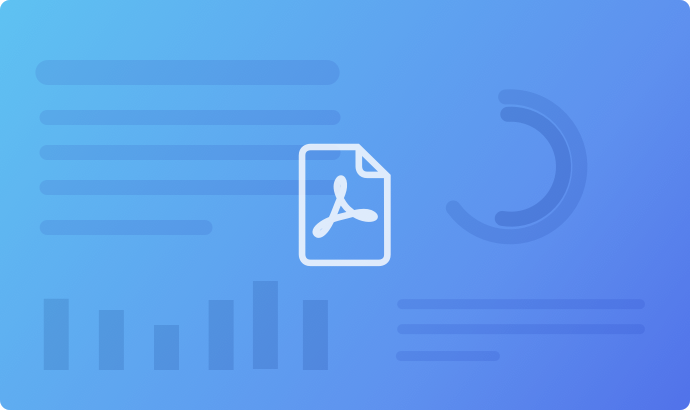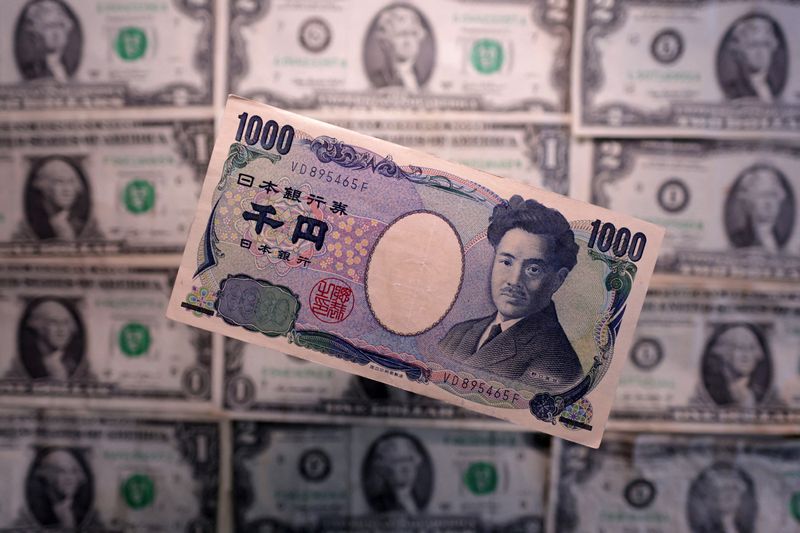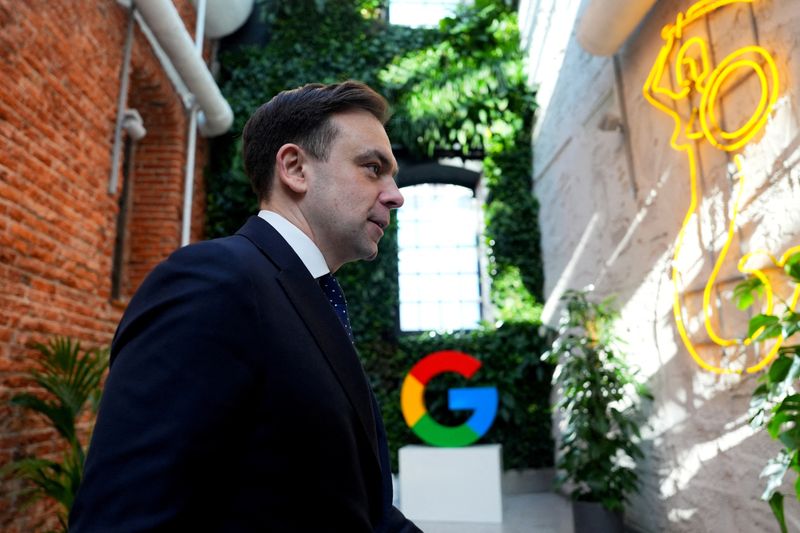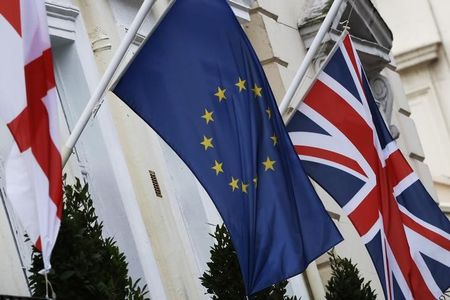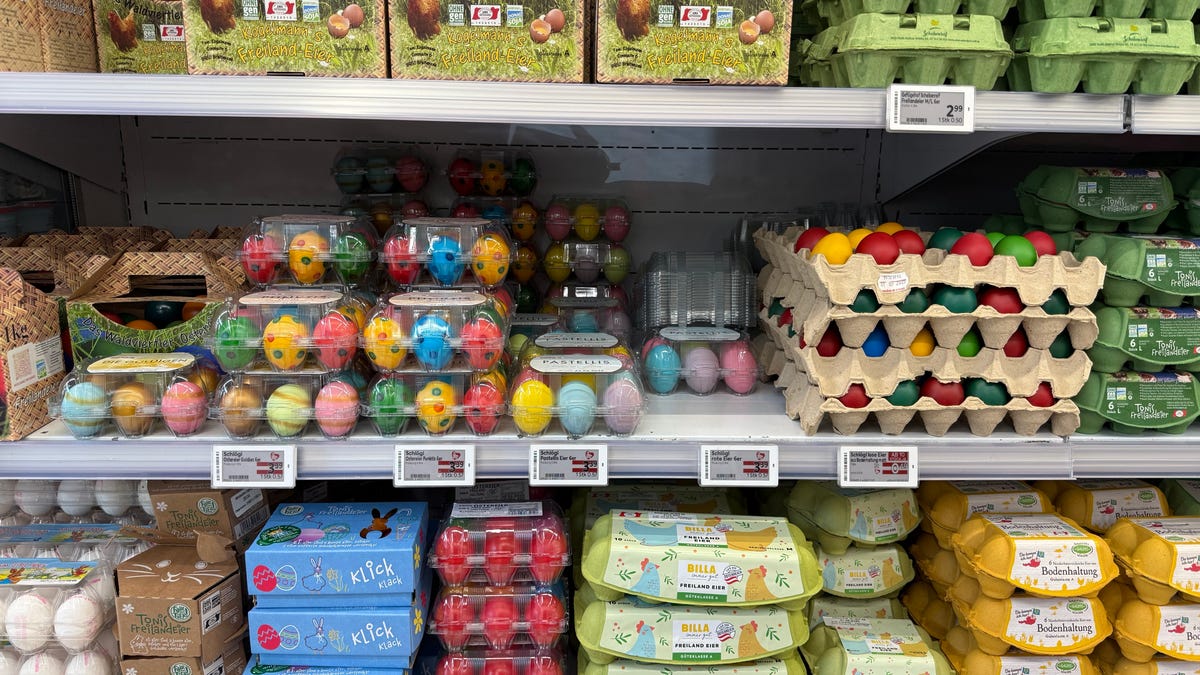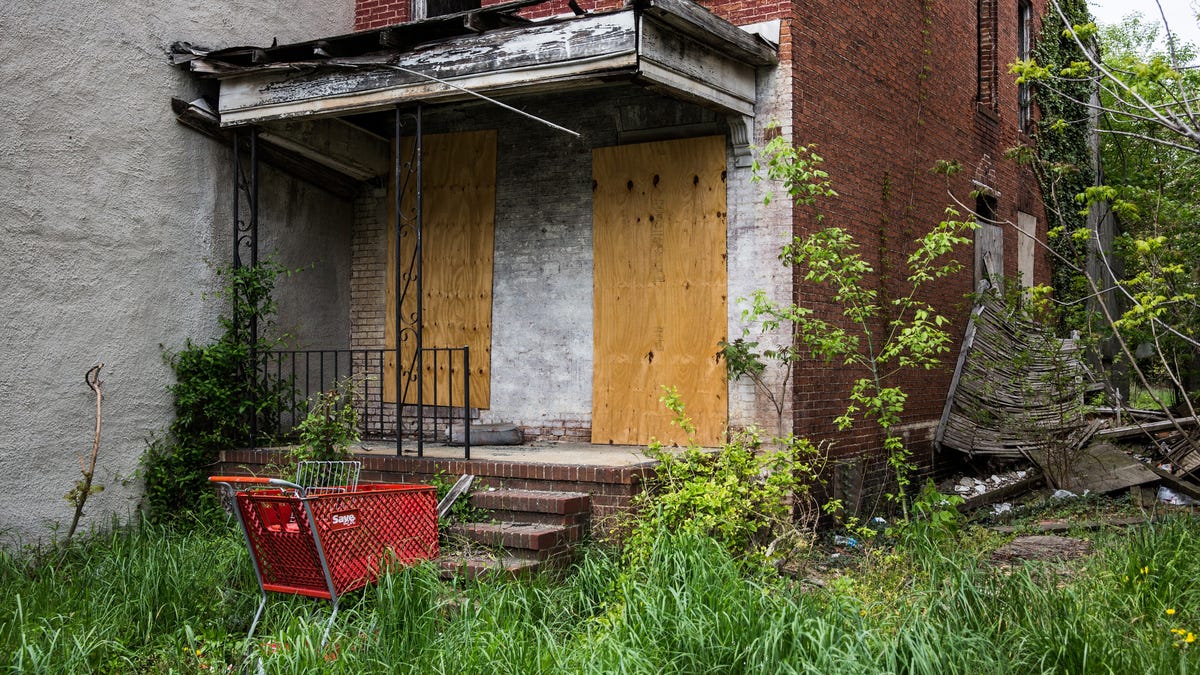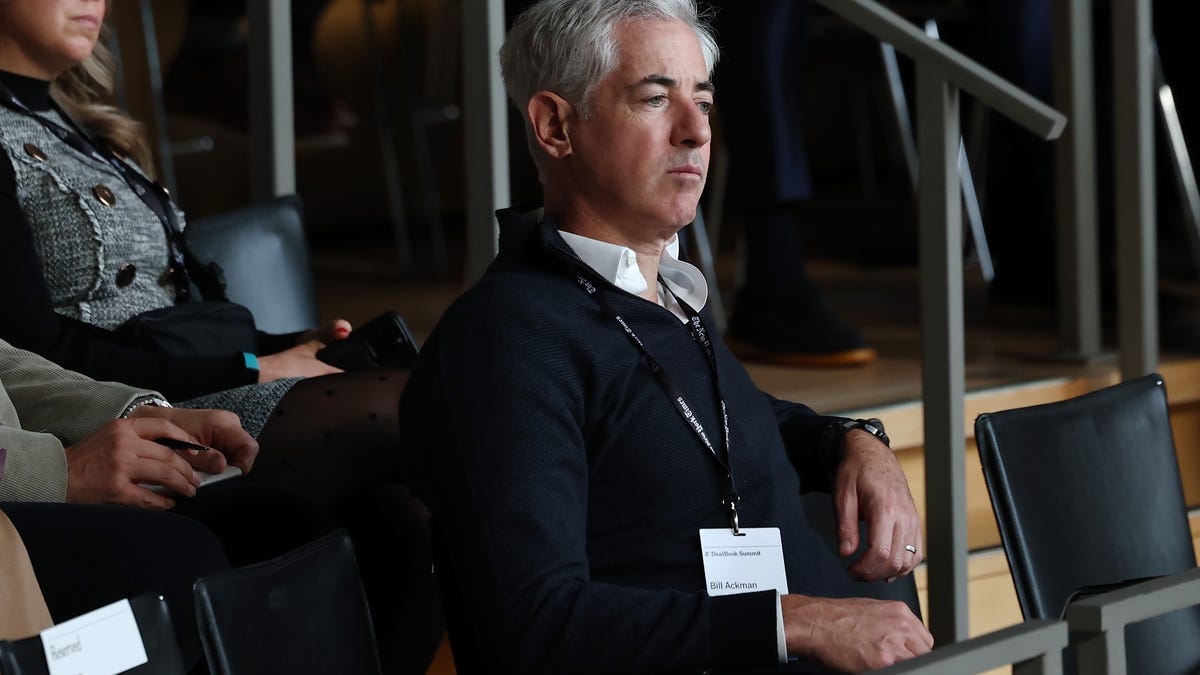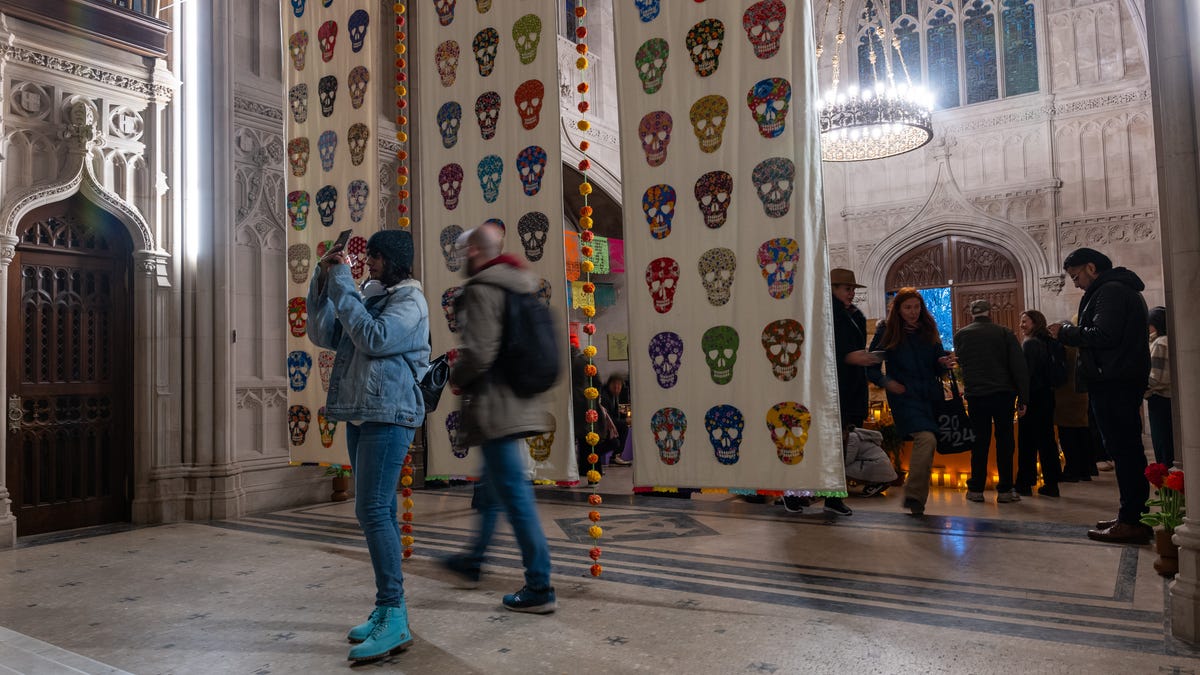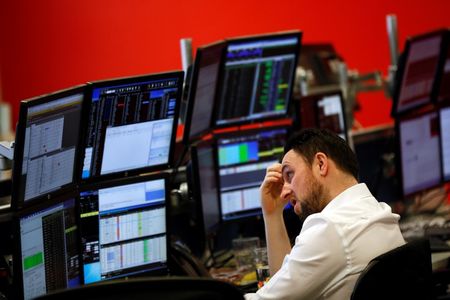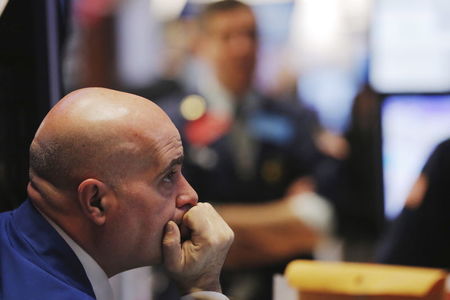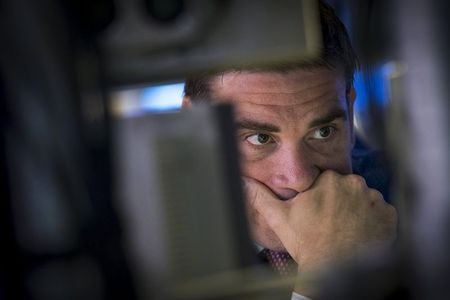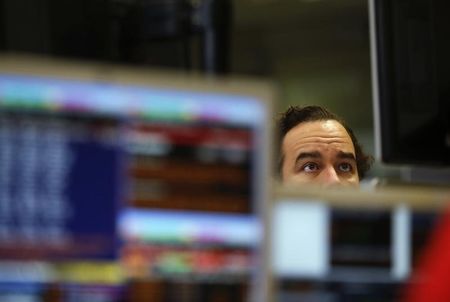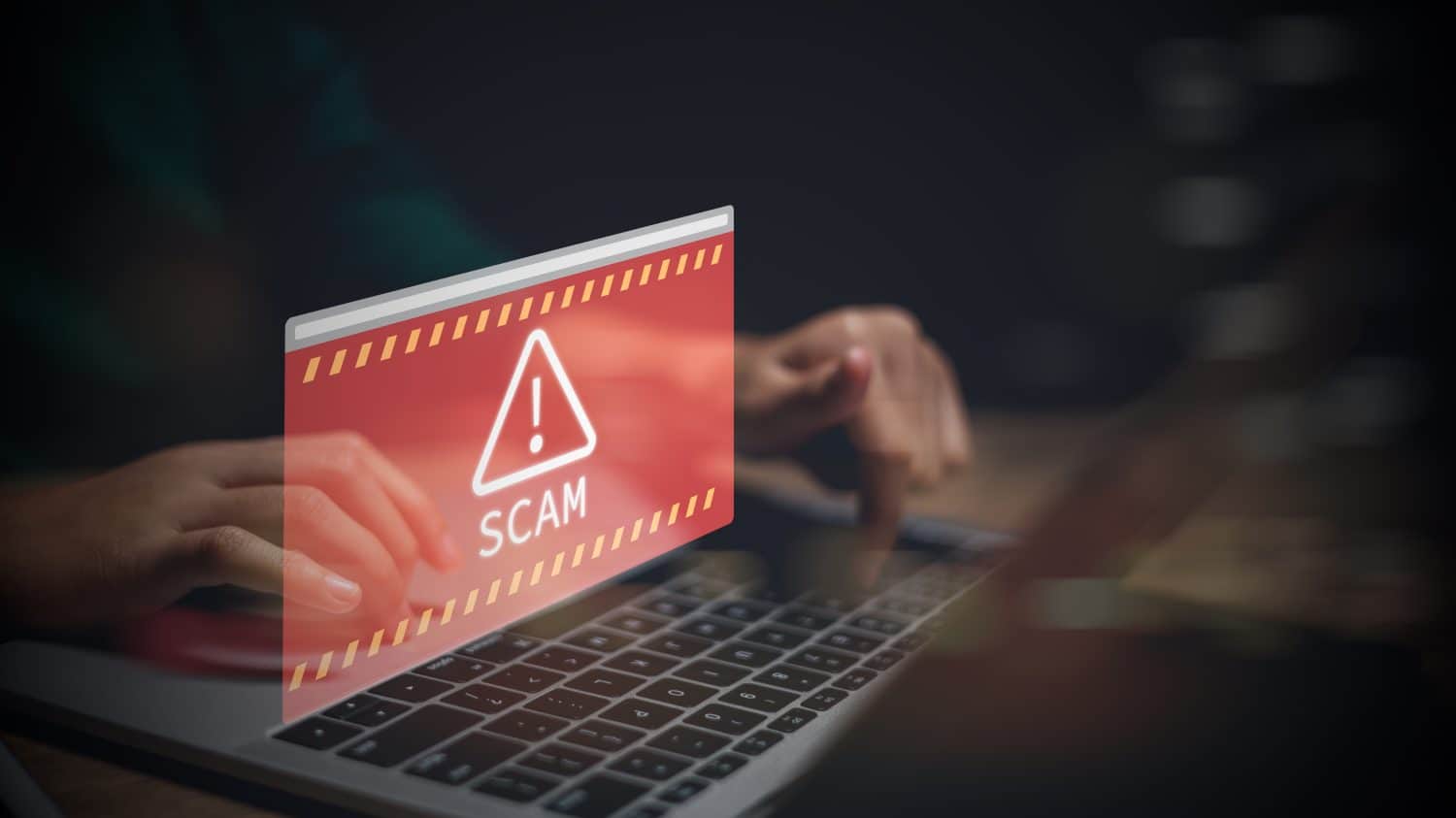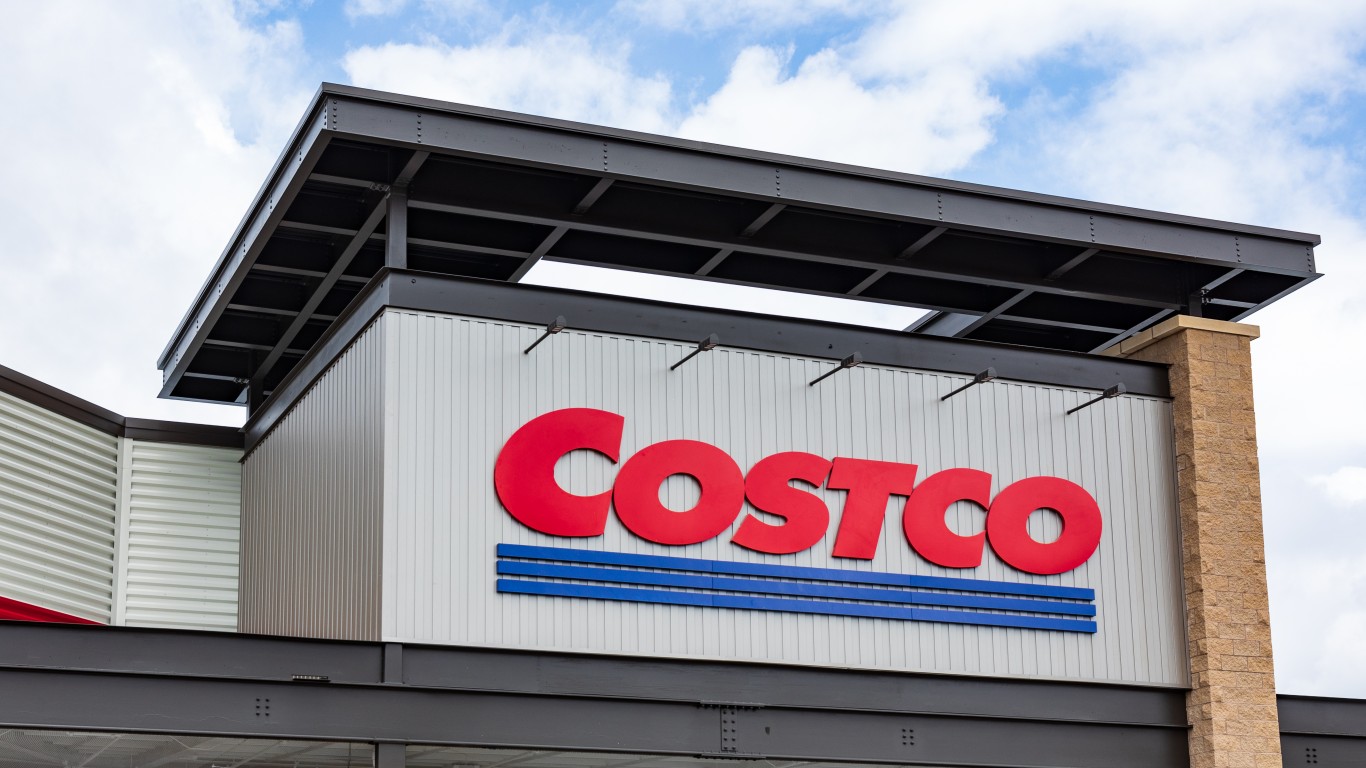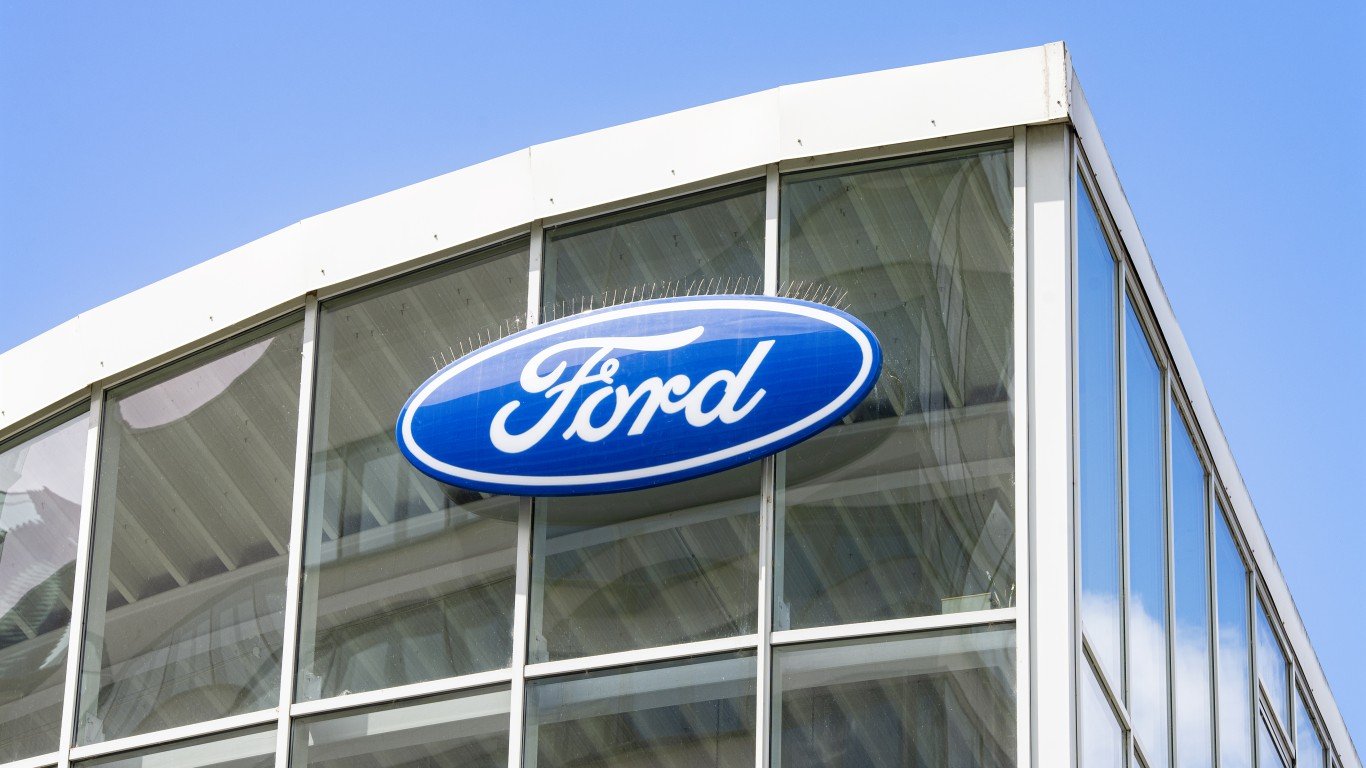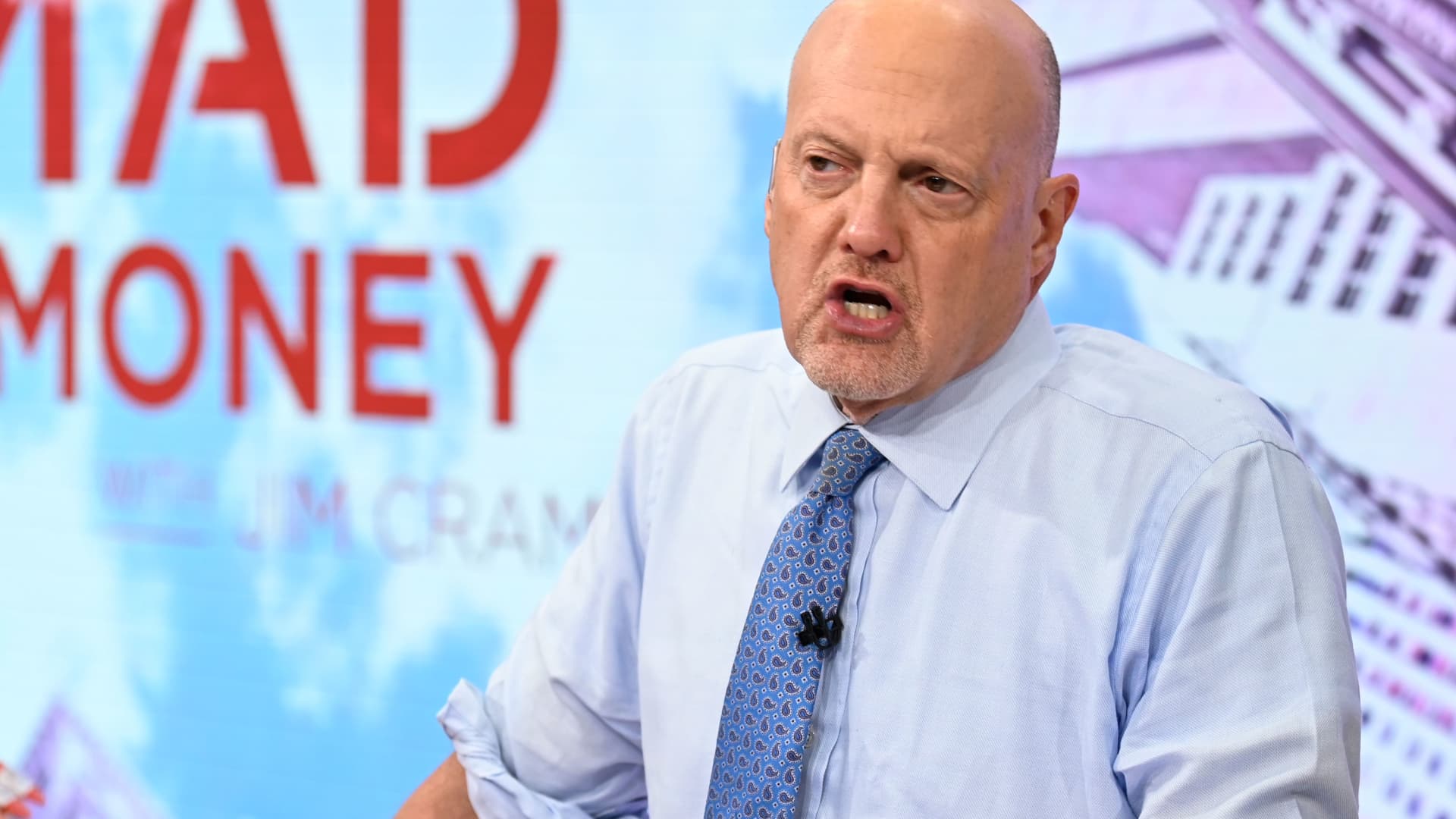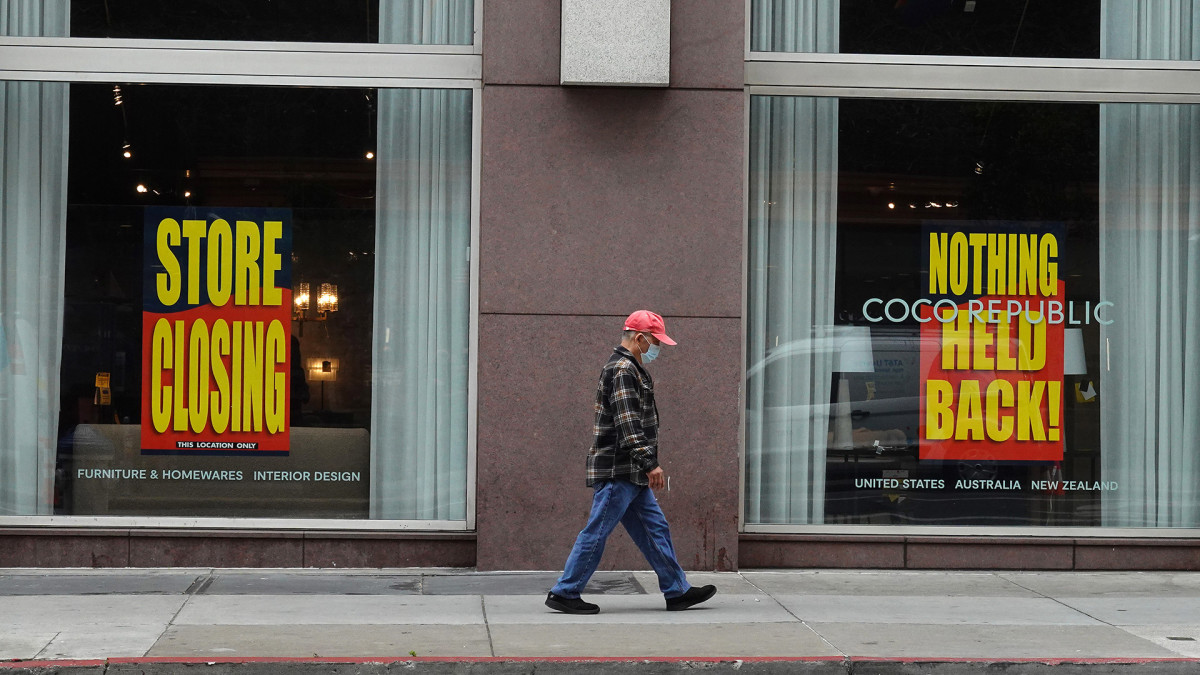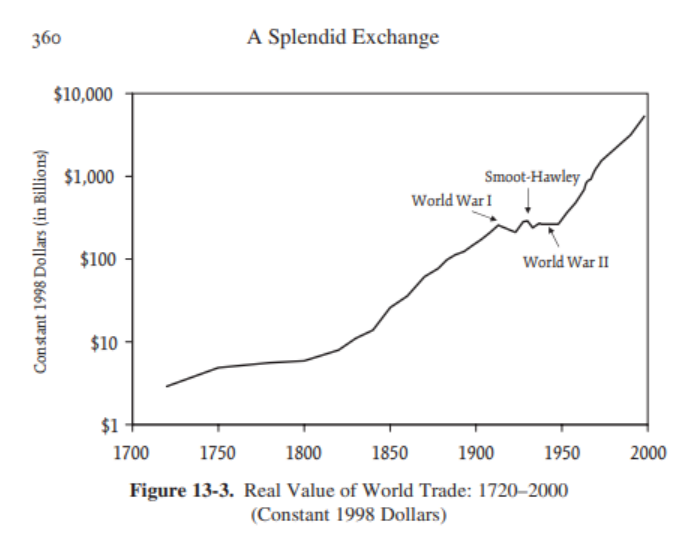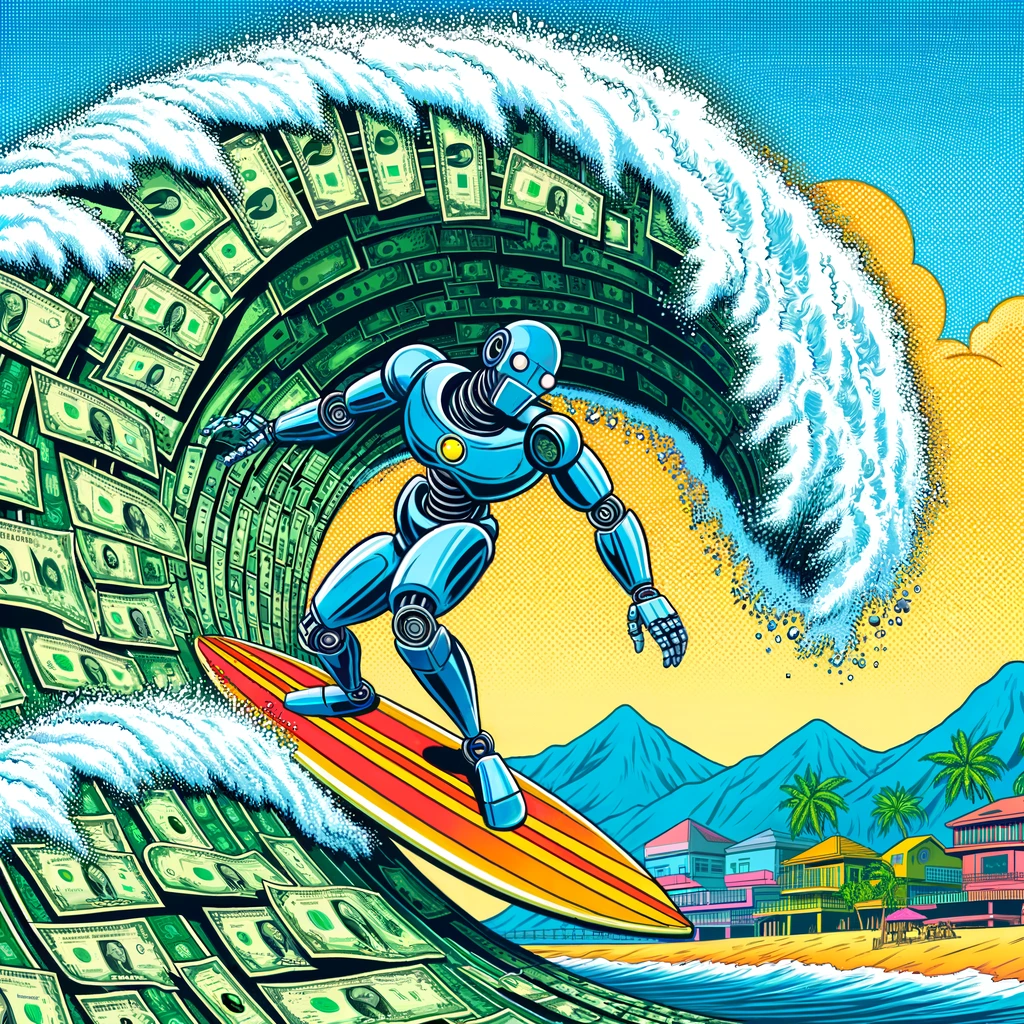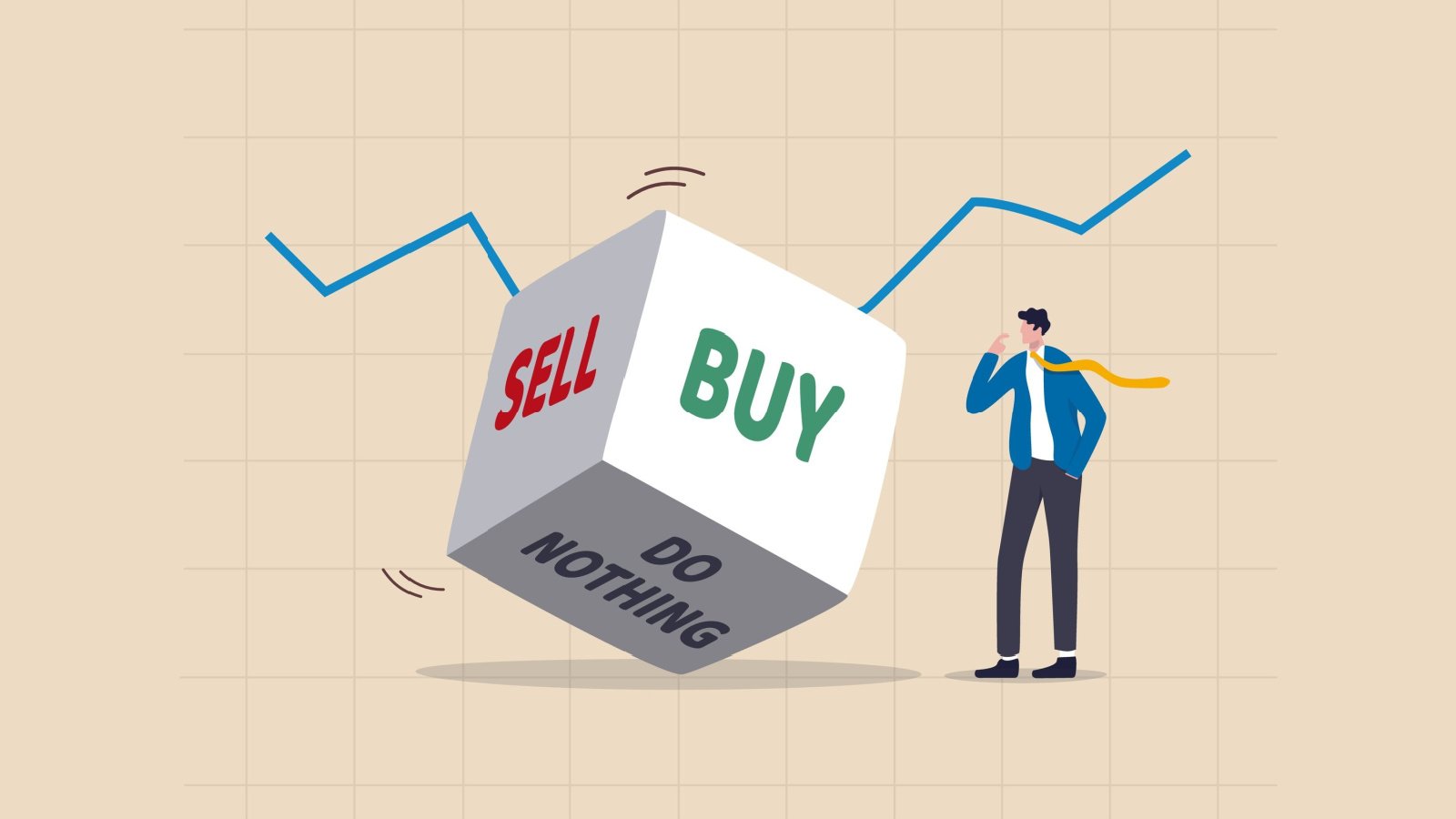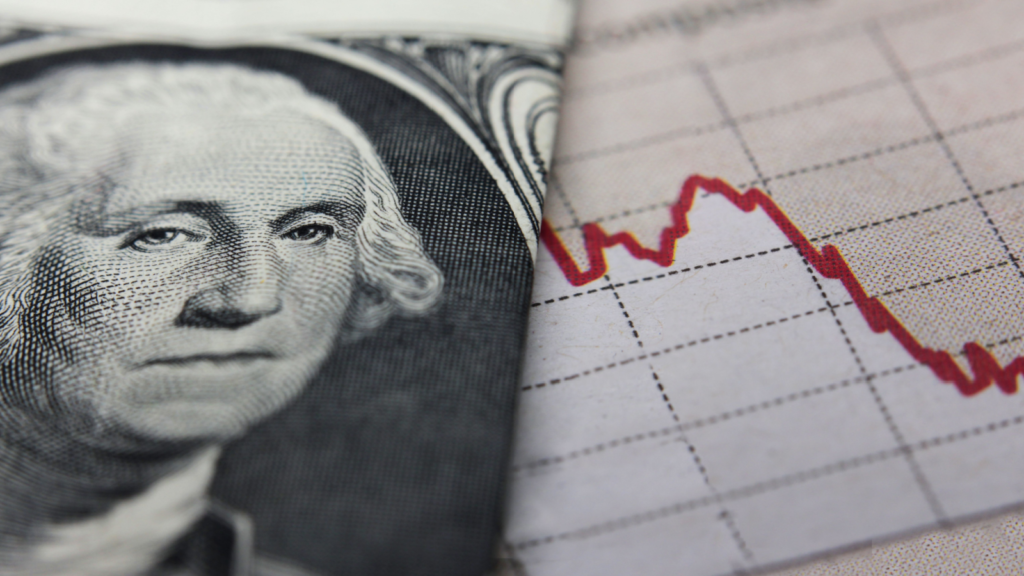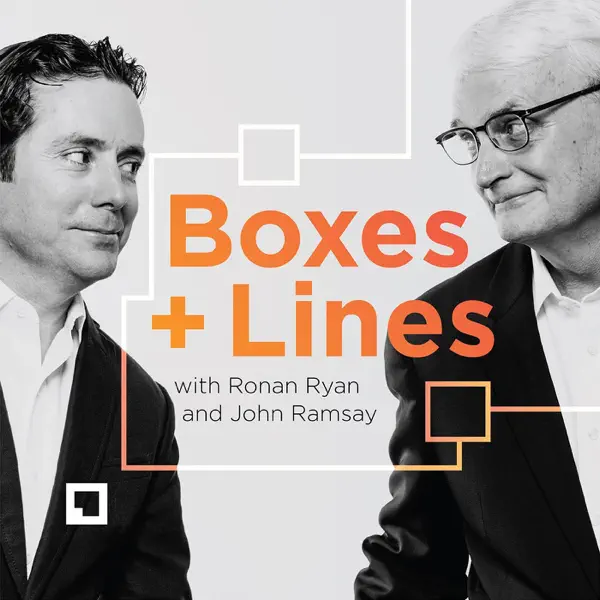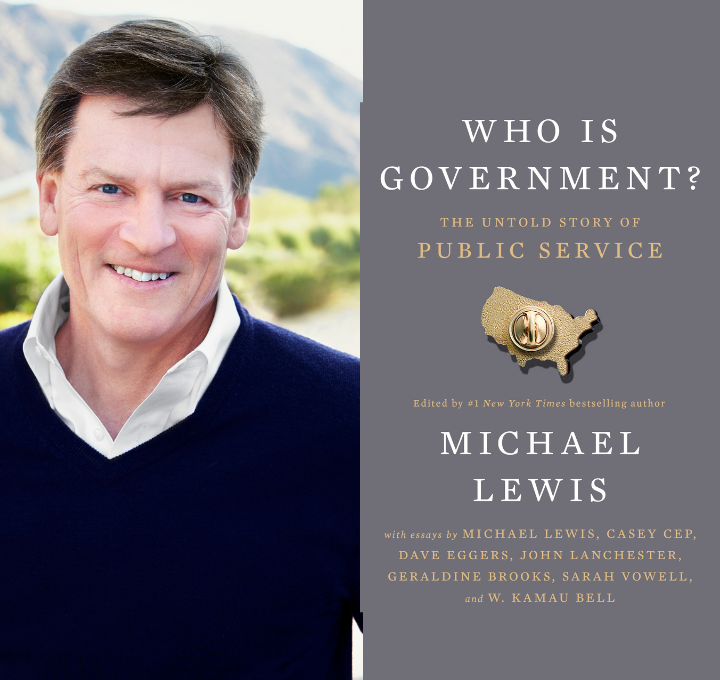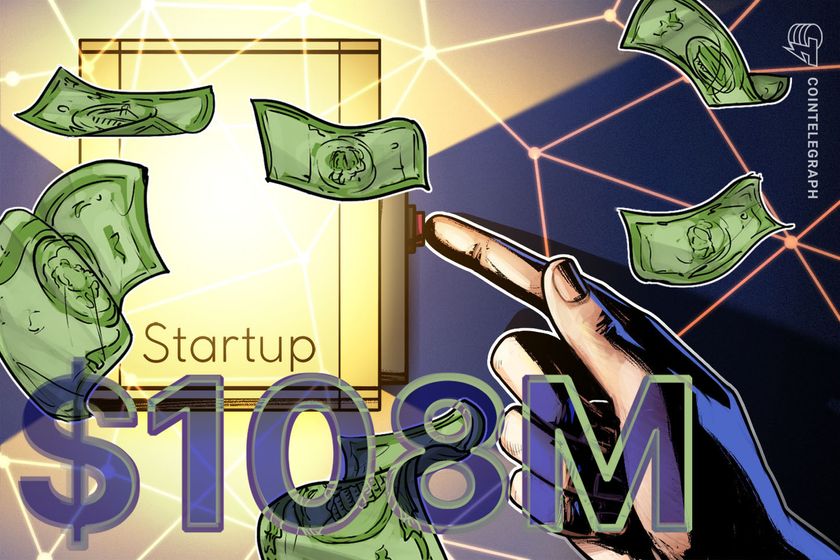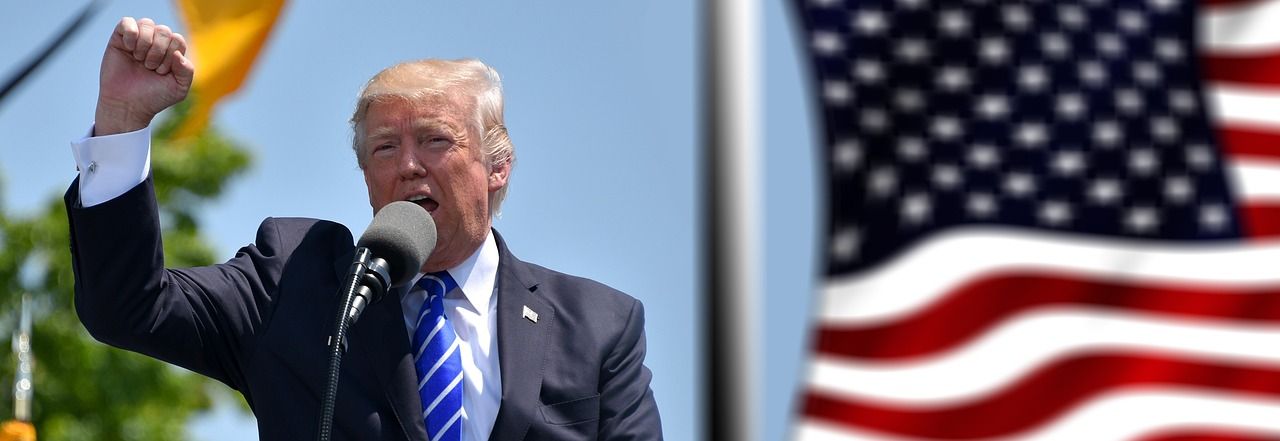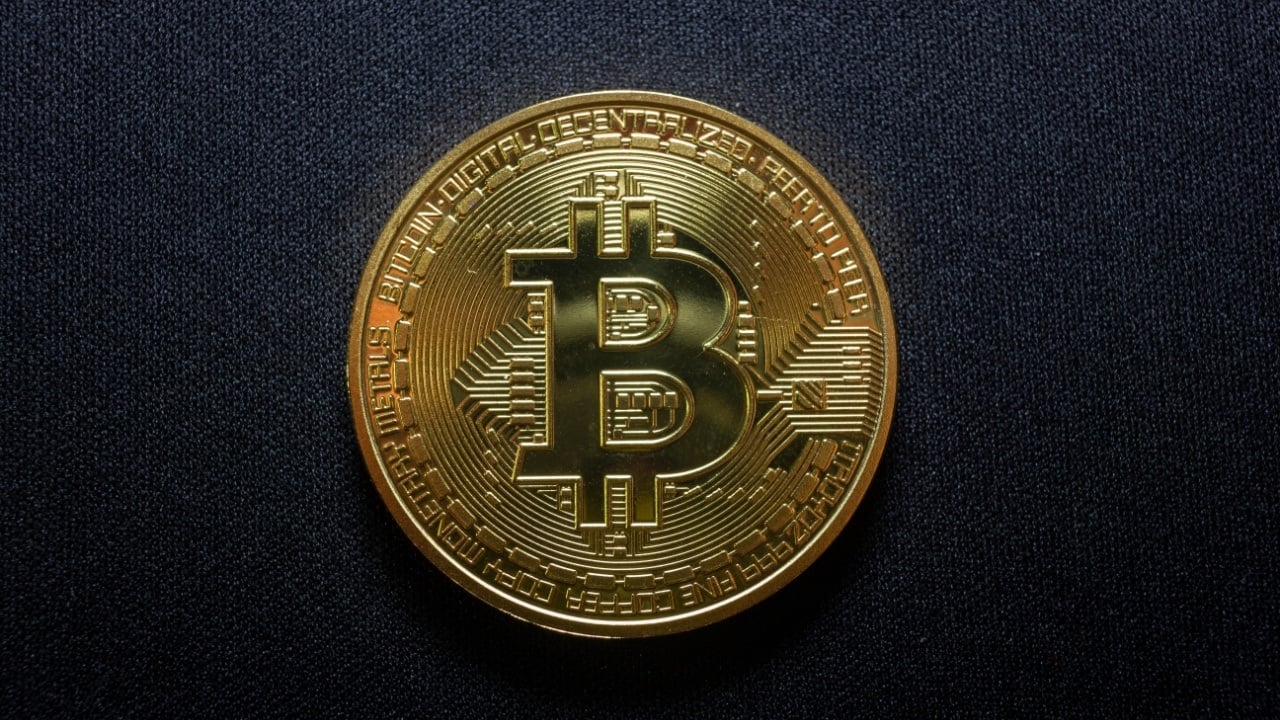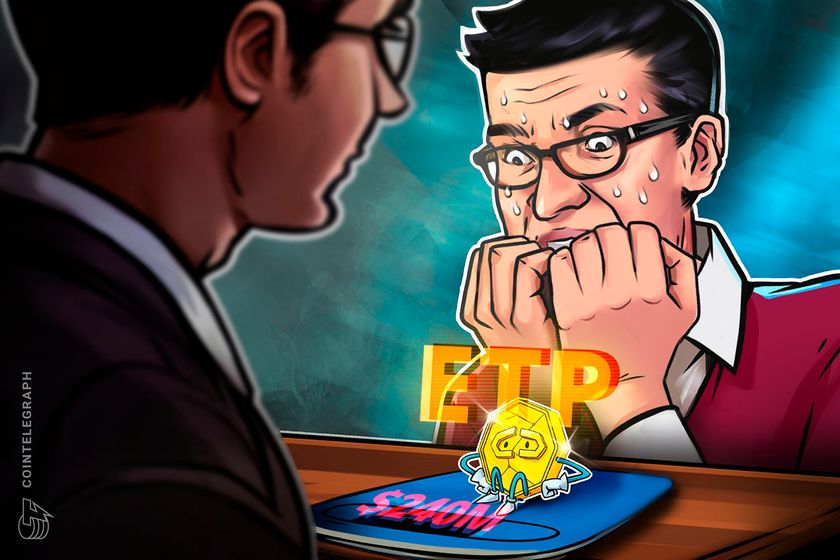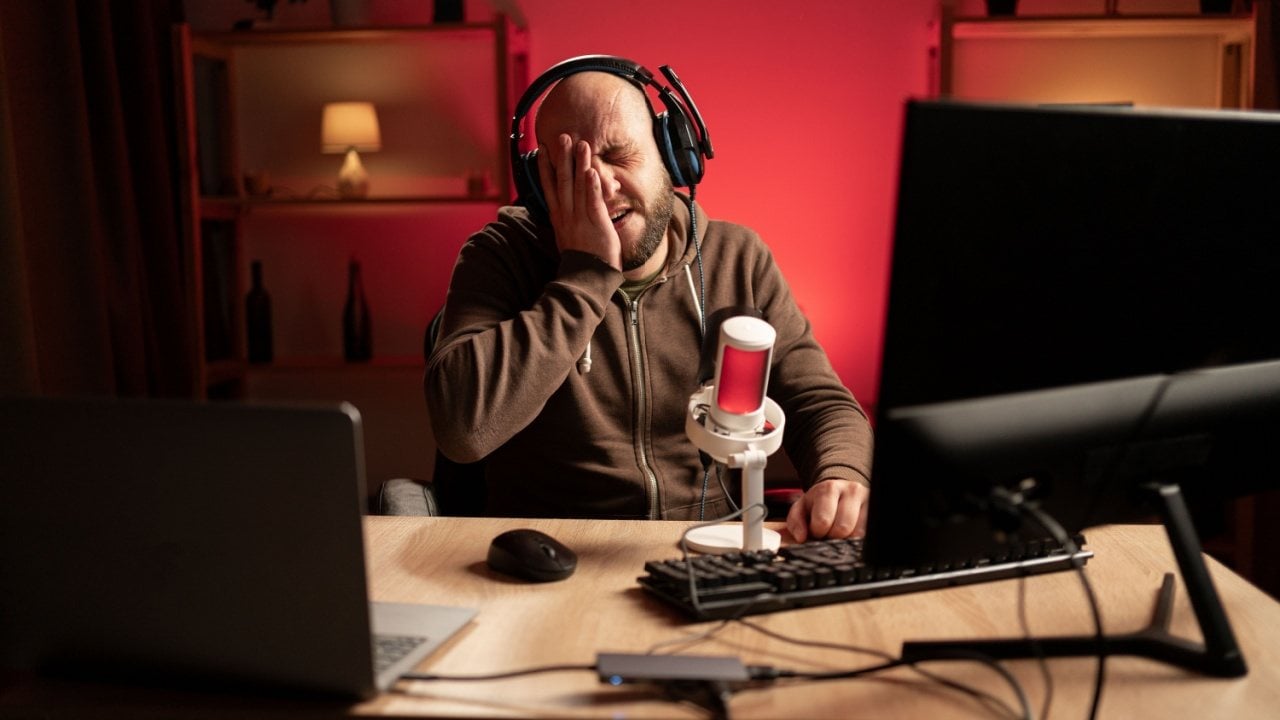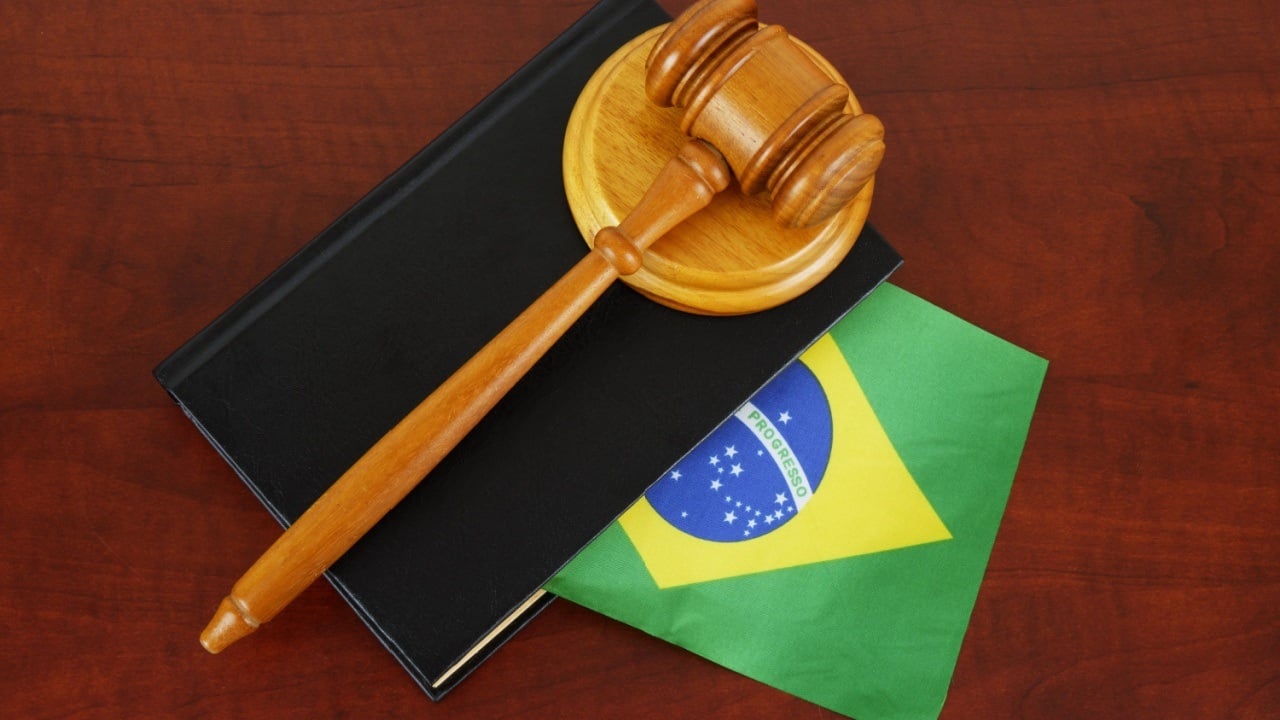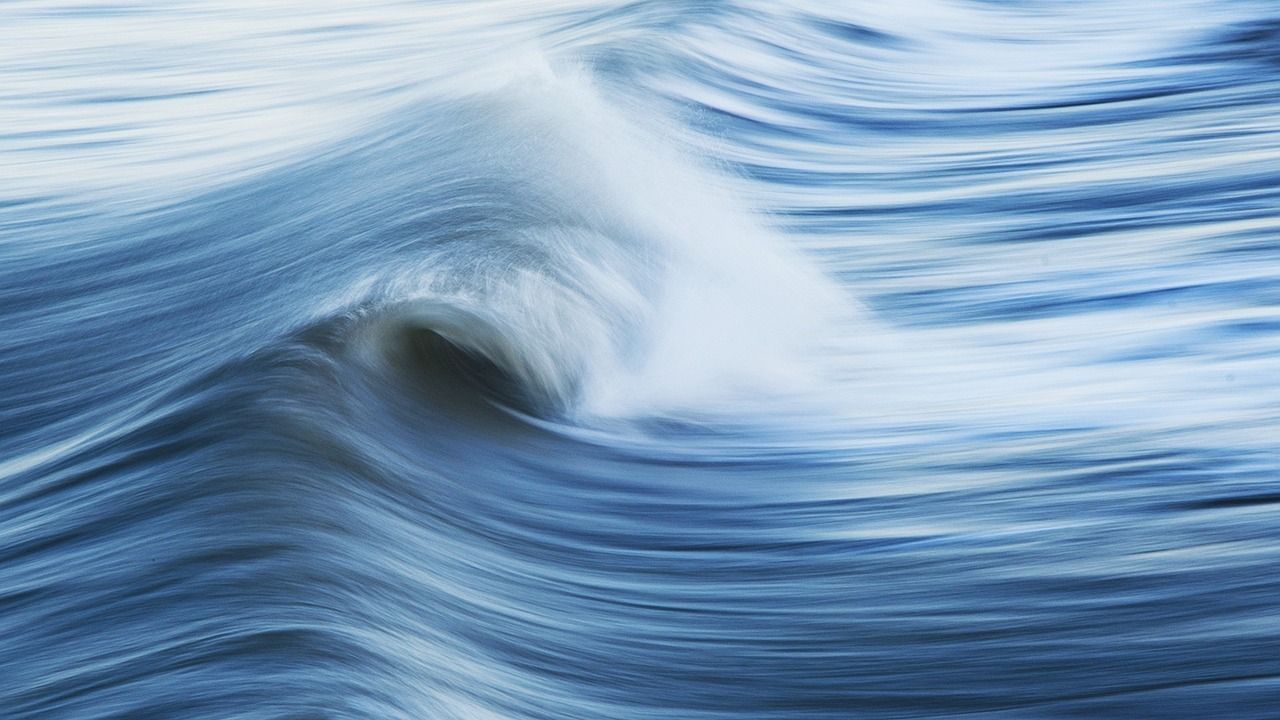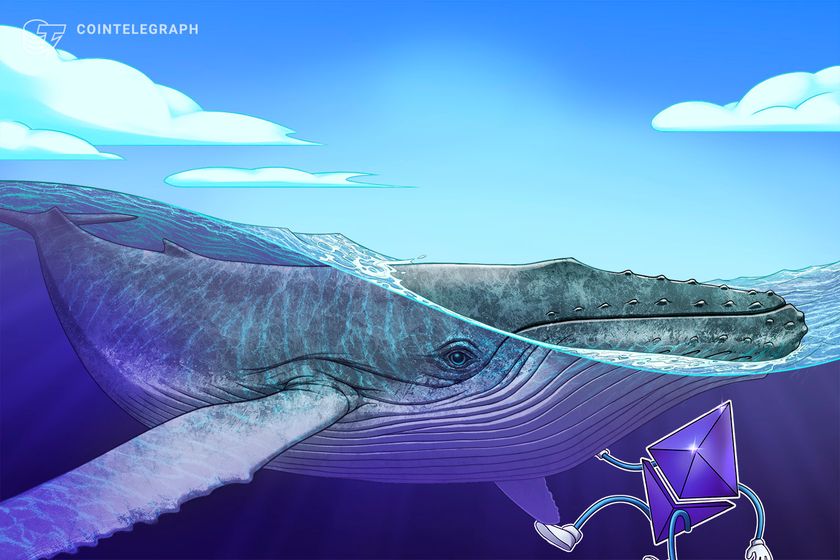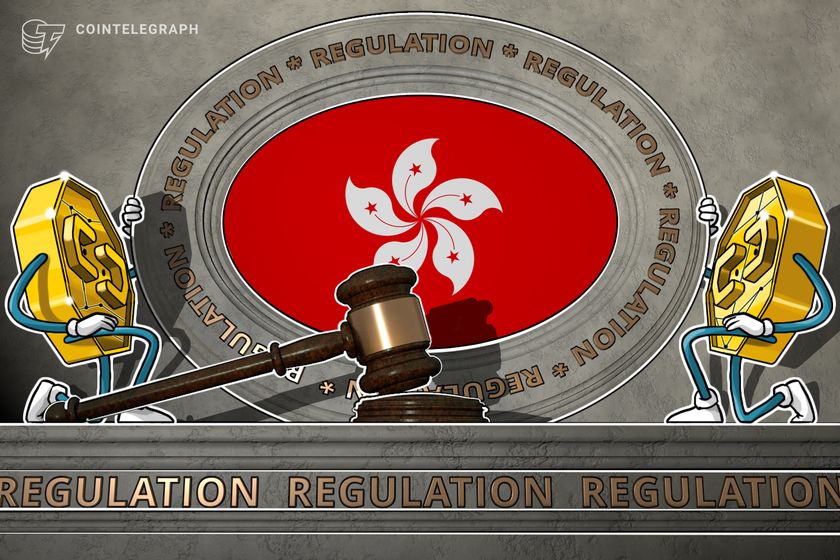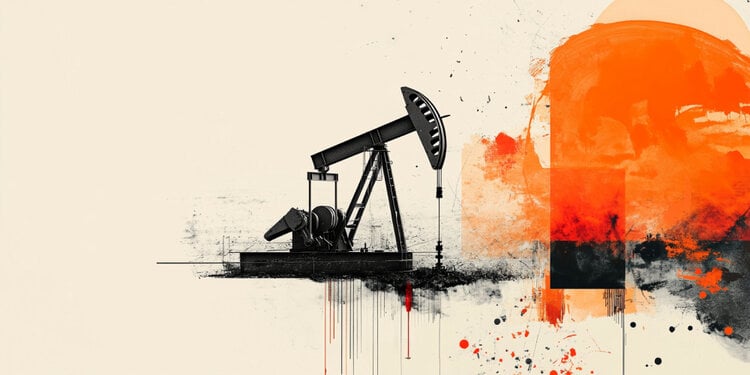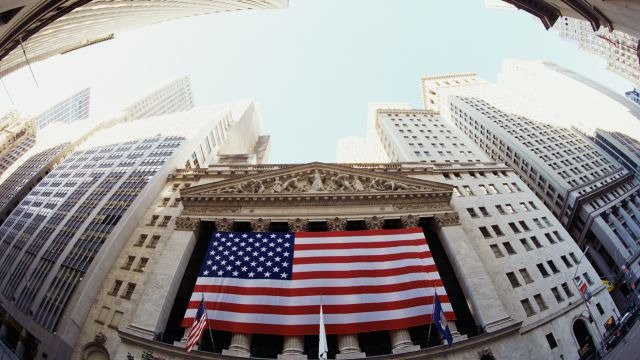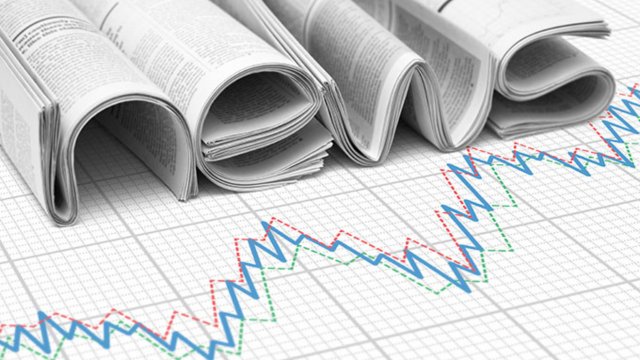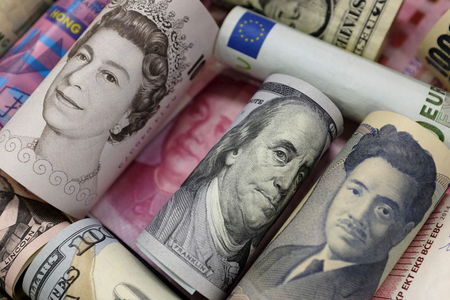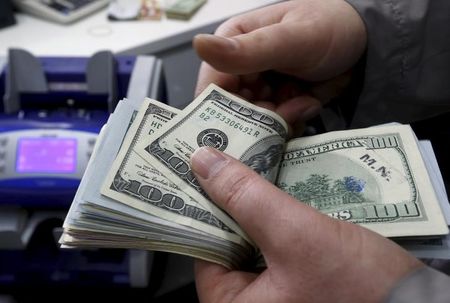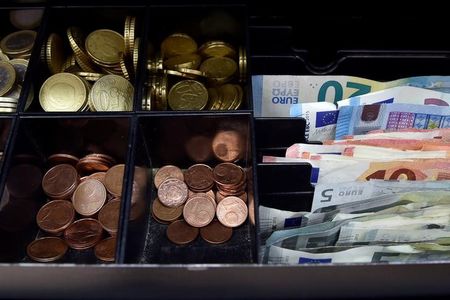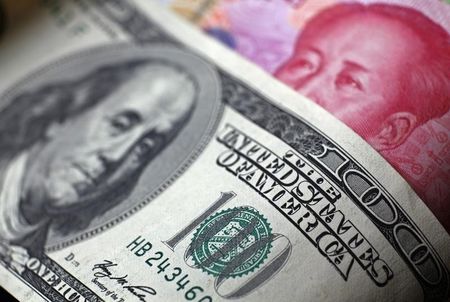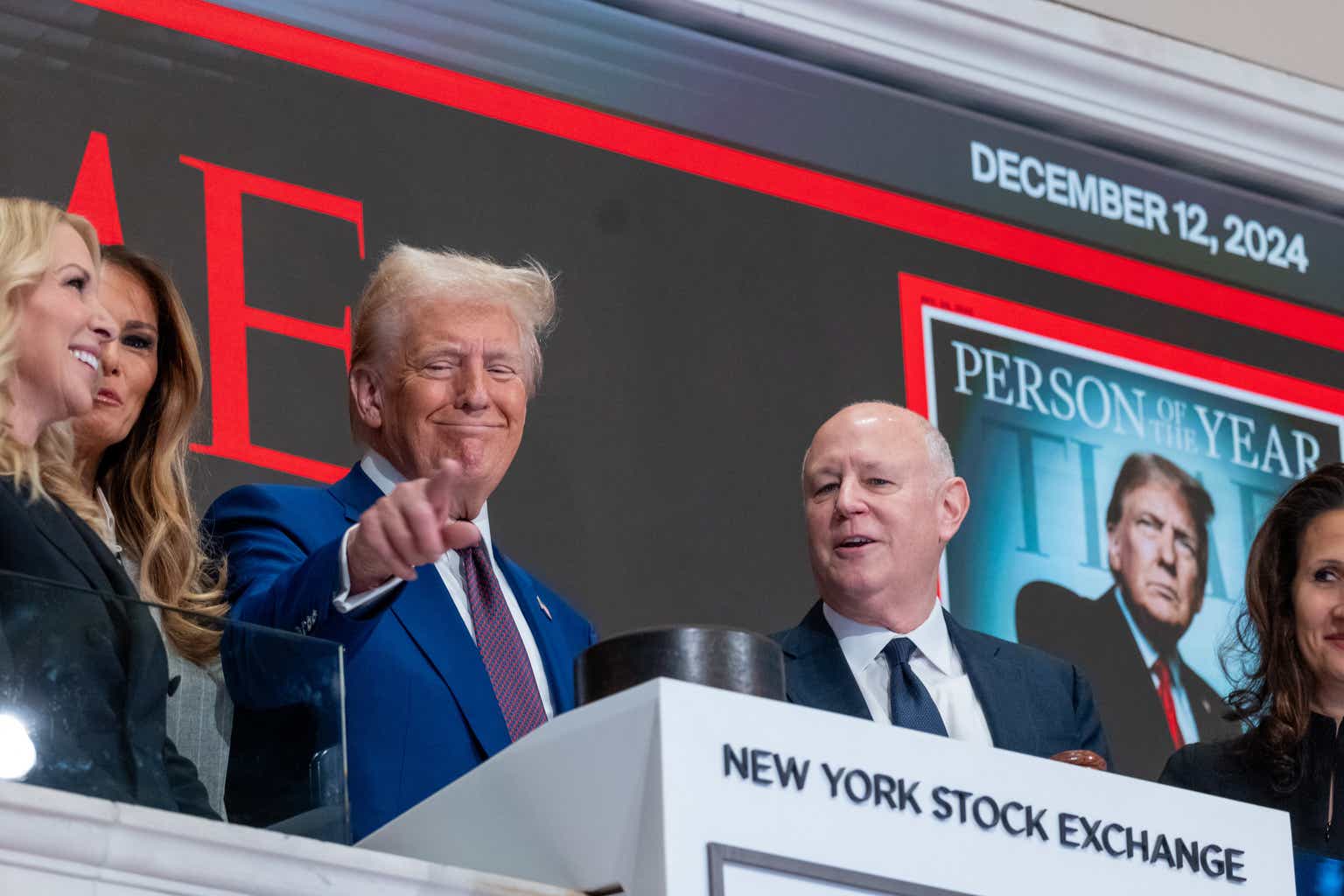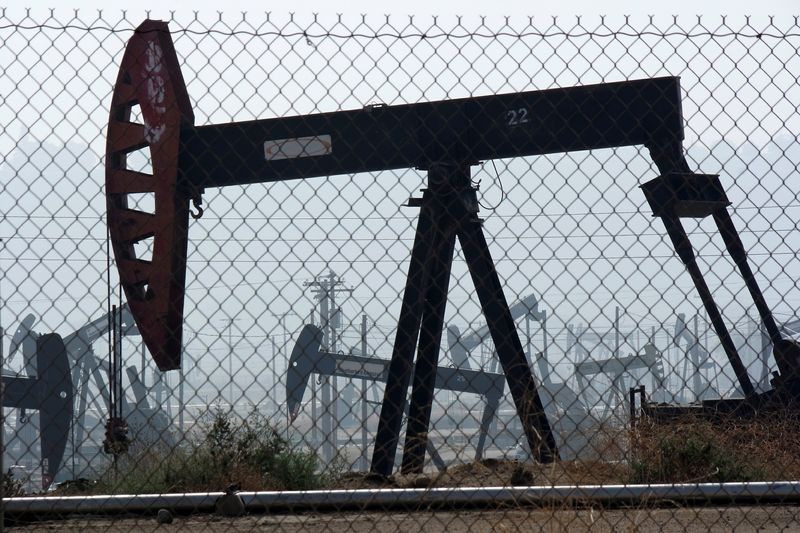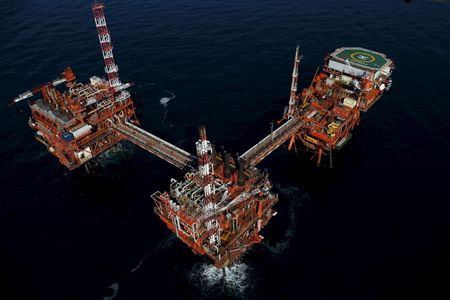Billy Corgan on launching his new podcast, the future of music and the ‘shocking shift’ brewing with AI
Smashing Pumpkins frontman Billy Corgan has parlayed his music success into various businesses, from wrestling to a tea shop. This year, he launched his podcast "The Magnificent Others" with Bill Maher's Club Random Studios.

Is Billy Corgan more of a Tolstoy or a Dostoyevsky guy?
"Probably more Dostoyevsky, but as I get older, I’m becoming more of a Tolstoy fan," Corgan tells me.
The Smashing Pumpkins frontman and I didn’t stumble into Russian literature—we were talking about art: what lasts, and what fades.
"There’s a reason we still read Tolstoy, right? The value is inherent in the work, but the problem is the systems change," Corgan said.
It’s a fitting conversation for a time when AI is upending entire industries—especially music, where Corgan says a tectonic shift is coming because of the technology ("Whatever you think of music, how it’s made, pop stars—all of it—it’s over. In 10 years, the landscape will be completely different."). But then again, change is nothing new, and Corgan himself has been evolving beyond music for years. It doesn’t clash with music—it complements it.
Over the last decade, he’s built out an eclectic business footprint: a tea shop in Highland Park, Ill., the National Wrestling Alliance (which he bought in 2017), and now, has launched a bid to "be his own media." Earlier this year, Corgan launched his own weekly interview podcast, “The Magnificent Others,” in conjunction with Bill Maher's Club Random Studios. So far, guests have included Gene Simmons, Pat Benatar, and Tom Morello.
As you’ll see below, Corgan isn’t exactly fond of talking to journalists, so we’re letting his words speak for themselves.
"Being in public life at a certain level has a certain pressure to it that’s very, very unique,” Corgan told Fortune. "Then over time, through your own observation, you realize most people don’t understand what that pressure feels like… It’s like when you see people being interviewed about near-death experiences. There’s a certain credibility to ‘I died, and I saw the light.’ So, when you talk to somebody who has worldwide fame, just that alone grants them entry into a very unique club of which there are experiences, intensities, that most people would not understand, because they’ve never even come close to experiencing that sensation."
I asked if it was that oft-quoted Dostoyevsky line: "The darker the night, the brighter the stars, the deeper the grief, the closer to God."
"Sounds about right to me," Corgan said.
This interview has been edited for clarity and length.
Q: Why launch a podcast, of all things?
Honestly, I explored the space a little bit in the last few years, and got not much great feedback about it. Then, I was approached by Bill Maher’s producers after I was on an episode of his Club Random. They said, would you think about doing this? And I said, well, I’ve thought about it before, but it never really went anywhere. Any offer I would get was so b-level I just didn’t take it seriously.
I think I’ve had to learn how to be my own media in the last 10 years with the decline of the state of journalism, particularly in music. So, that kind of set me on a path of thinking differently about how to communicate. And then it just sort of seemed to extend into telling other people’s stories, too.
Q: I’m curious about this phrase “be your own media.” When did you start to realize that, and what has that evolution been like?
The simple answer is that, particularly in music journalism, you fall into one of two camps: you're either on the rise or the decline. Even if you have empirical evidence that you're not in decline, if they become invested in that story, it becomes the narrative—a meta-narrative you can't control. The more you protest, the more it seems to confirm it, like "thou dost protest too much," to quote Shakespeare.
You find yourself in a position where the institution you relied on in the 1990s to tell your story—at least semi-accurately—so you could market yourself and your music is now part of a different ecosystem. It's really about clickbait. Even though it's called music journalism, it follows the same rules as all other journalism: if they don't generate clicks, they can't sustain their business. You're held to weird standards—it's just clickbait.
I've been good at making clickbait. I continue to make it even when I'm not trying to, so I had to figure out a way to reach people interested in my musical life in a way that was respectful, warm, and at-odds with the image mass media portrayed of me. Over time, you develop a skill set counter to another business model. In that way, it's like a startup—you use what you have, make it work for you, and build on it so there's a story people can invest in.
If you know anything about our business, my wife and I have a tea house [Madame Zuzu's Emporium] where we host music and sell archival Pumpkins records and my music. We've also started working with other artists. We've built our own ecosystem and stopped relying on mass media to tell our story, using social media instead. You've seen this across the spectrum—whether it's YouTube creators or influencers—people realizing they don't fit into the mainstream system and finding another way to tell their story.

Q: Was there a moment of realization, when you decided you need to proactively create your own ecosystem?
Well, to be glib about it, you wake up one day and realize your value in media is being better dead than alive, and the fact that you're a living corpse means nothing to them. They'll flog you as long as they can. We see it even when people pass away—if there's a story to tell, they'll just keep telling it, truth be damned.
That, of course, extends into the YouTube sphere now, creators on X, Rumble, and all those other platforms. So, I guess the moment of realization was that I could either accept I was dead digitally or just do what I learned the first time—what we did in the late '80s and early '90s—building our own way to reach people. You look at the tools available, pick them up, play with them, and see where you can gain traction. It really comes from the DIY ethos of punk rock and alternative music from the '80s.
Q: So, why talk to me now?
As far as the subject matter, I'm a completely transparent person. I don't operate from fear, so I don’t think I have to conceal my manual from people like you or play some other game. I think I can just be completely transparent. In essence, the truth ultimately wins.
Obviously, I’m more steeped in the world of entertainment. If you’re out here in LA, this world will convince you that it's the business that drives the entertainers, not the entertainers that drive the business. In the world of wrestling, we would call that carney—a carnival garcon notion that you don’t need the artist. If they could replace the artist, they would. And certainly, they’re licking their chops replacing the artist with AI, because you can’t build business models around artists. They’re unpredictable, they say stupid things, they do silly things, and they make songs that are inconvenient to the established brand.
I have no problem being transparent. I’m not assuming you know anything about me, but this is what I’ve been doing for 30 years. Transparency is part of my way of doing business. As far as speaking to the media, I don’t have any fear about it. If you were a hostile interviewer—which you’re not—I think I know how to deal with it. I’m very judicious in who I talk to these days.
It’s like asking “why not just be a digital creator instead of working within the broadcast network scheme?” Well, you’ve seen in the broadcast network scheme that as viewership declines, they’re willing to do unexpected things—like nighttime game shows—and WWE is back on NBC for the first time in many years. There’s an equilibrium. It’s not black or white, like broadcast television was the thing, and now digital television is the thing. There’s still a balance between independent and mainstream media. It may be an unholy alliance at this point, but it does have a balancing point.
I guess I work within that balancing point because that’s what I’ve always done. I don’t think your class is heretical. I just think your class overall—and that’s not necessarily including you—has basically committed seppuku.

Q: On the subject of dying industries, tell me about the first time you remember being aware of AI.
Honestly, I can't remember because I've been reading Asimov and all those writers since I was a kid. Philip K. Dick, tpp—all these ideas were in my brain before they happened, so I can't point to any one thing.
As for AI, I would separate concerns about AI in music from concerns about using AI for marketing. I have no problem using AI for marketing, but I have huge issues with using AI for music.
Q: What’s the distinction?
Well, as it pertains to the music business, you don’t have the same marketing budgets you used to. In a situation like ours, we’re compared to the visual material we created when we had $500,000 video budgets. AI allows you to do cool things in marketing with ease of use and affordability.
Musically, to me, it’s heretical. I fully admit it’s going to be used, and young people will completely abuse it. One day, you might see the rise of AI charts versus analog charts. I’m not a leader in this—I know it’s here, and it’s not going anywhere. Within 10 years, the music business landscape will be completely changed by AI in music. Absolutely no doubt in my mind.
Q: To pin this down, why is it heretical?
I think music is a gift from God. If you think you can be God by using AI, that’s the stuff of Greek mythology.
I use the phrase “gaming the system.” I understand the human impulse to do it, but music is one of the rarest art forms. If you try to empirically study why music works, you’ll have a very hard time. Right now, you have people gaming the system like card players at a casino. In this system, they are winning and probably will continue to win, but I don’t think it has anything to do with why people listen to music.
To me, that’s the difference between porn and a well-made film. You could argue that porn generates more income and attention, but that doesn’t mean it’s good for the soul or serves its intended purpose. That’s why I call it heretical.
But again, I’ll be the first to say—it’s over. A lot of people behind the scenes have asked my opinion, and I say the same thing every time: it’s over. Whatever you think of music, how it’s made, pop stars—all of it—it’s over. In 10 years, the landscape will be completely different. It will be as shocking a shift as silent movies to talking movies in 1929. It will be studied and understood as the end of one thing and the beginning of another.
Q: The end of an epoch, basically.
That's a long epoch. Really, up until probably the late 90s, all music was essentially analog. Even if you heard it on a recording, albeit a CD, you were still listening to mostly analog performance. That line extends all the way back to cavemen beating bones and chanting. When you say epoch, you're talking thousands of years, not just 100 years. This is a significant change in the way people will make and consume music.

Q: What’s the throughline for this broader set of businesses you have? Why a tea shop, for example? Or the NWA?
I don't drink coffee, so we serve some of the best teas in the world. I opened it a few years ago, probably 10 years ago, in a smaller space, right around the time I met my wife. She ran it for a while, and we decided to close it with the idea of reopening it. Then the pandemic came, and we decided to open the business during the pandemic, which was obviously crazy. But it’s been very successful. We've been at the new location for about four years. It's about 4,000 square feet. We have a performing venue there, hosting everything from hit shows to David Arquette's Owning Bozo, theater, poetry, comedy, young artists, and I perform there too. It's a vegan, plant-based tea house café.
For wrestling, I loved it as a kid, when I was a teen goth, and then fell back into it by chance in my late 20s. I got to know a lot of people in the business and fell in love with the behind-the-scenes aspect of it. Somehow, through a crazy series of events, I ended up owning the oldest wrestling company in the world.
The short version is, I was drawn into independent wrestling in Chicago, and got a reality show made with AMC. The whole thing blew up, but the reality show never aired. I said, "Okay, I'm done with wrestling. I'm done with all these people." Then, I got a call from TNA, which was at the time the second-biggest wrestling company in the world. I think it’s now owned by WWE as a subsidiary. I went to work there for three years, learned how to produce television behind the scenes, which was not a skill set I would have imagined. I fell out of that situation, said, "Okay, I'm never doing this again," and then I was offered the opportunity to own this august brand. And here we are, some seven years later.
The throughline, to give you a simple version, is by creating my own ecosystems or metaverses within them, I can demonstrate value where others keep telling me there’s no value. This is very much an analog approach, but voiced through the digital sphere.
Q: For the podcast, what’s your relationship with being the interviewer as opposed to the interviewee?
A great question, and one I don't have an easy answer for yet. When someone like Bill Maher and his partners approach you and say, "Would you like to do this?" there's that moment of looking around and thinking, "Me? You believe I could do this?"
From the first interview, I had never really done anything like that. I've done little things, but you're talking about being in front of a famous rock star like Gene Simmons for 90 minutes and not having the thing blow up in your face or embarrass yourself in front of the world by being a fanboy. That was not a skill set I had in my pocket. I just suddenly found myself doing it. So, what you see is me trying to figure it out on the fly. So far, the reaction has been very positive, and I'm encouraged by that. As far as what it means for me down the road, I can't really say. I think the optimal space is probably something a little bit wider, but I don't know what that form would even look like yet.
Q: Is there one thing no one ever asks you that they wish they asked more often?
Well, I often say that I'm struck by how little—obviously not in this context—but I'm struck by how little I talk about music. That goes back to what I was saying before. When you become a subject of clickbait, the hunt isn’t for "Tell me about this great song you wrote." The hunt is for "Give me one more story about somebody who's no longer on the planet," or "Give me one more story about the 90s," or "Give me one more story about the thing you’ve already explained 27 times because I saw where it was getting good clicks for somebody else, so I need that too."
If I were to quantify it, let's say you compile the 1,000 interviews I’ve done in my life. I’d say, of the 100%, probably 10% was about music. The rest was about sociological dynamics, rumor, innuendo, insinuation, and just outright fiction and fantasy. That’s the music business. I can’t speak for anybody else’s business, but that’s very much the music business, and it continues on that trend, even though it’s been disastrous for that business.
Q: Is there one dream podcast guest you haven’t booked? Let’s send it out into the world.
I would love to interview someone like Paul McCartney, because he's been in a situation where he's been so intently observed for so many years, his life has been so studied at great depth. So the challenge would be, can I actually find something that he would want to talk about that would add something to that story that's wholly fresh and wholly unique, and would illustrate something about that journey that illuminates all the other stories in a way that makes them even cooler? That, to me, is the higher the mountain, the greater the fall—but also the greater the exhilaration if you can get it right.
As someone who watches this stuff, I see a lot of great stars just fall into a patois that they’ve learned over time that kind of works for the world they’re in, to avoid the clickbait. But, of course, I know people who know Paul McCartney, and they tell me who Paul McCartney is in reality, as opposed to the public Paul McCartney. And I think, “Oh, that would be very interesting to talk to the real Paul McCartney in public.” I'm not saying he would let that happen, but that's what I'd be interested in.
This story was originally featured on Fortune.com

